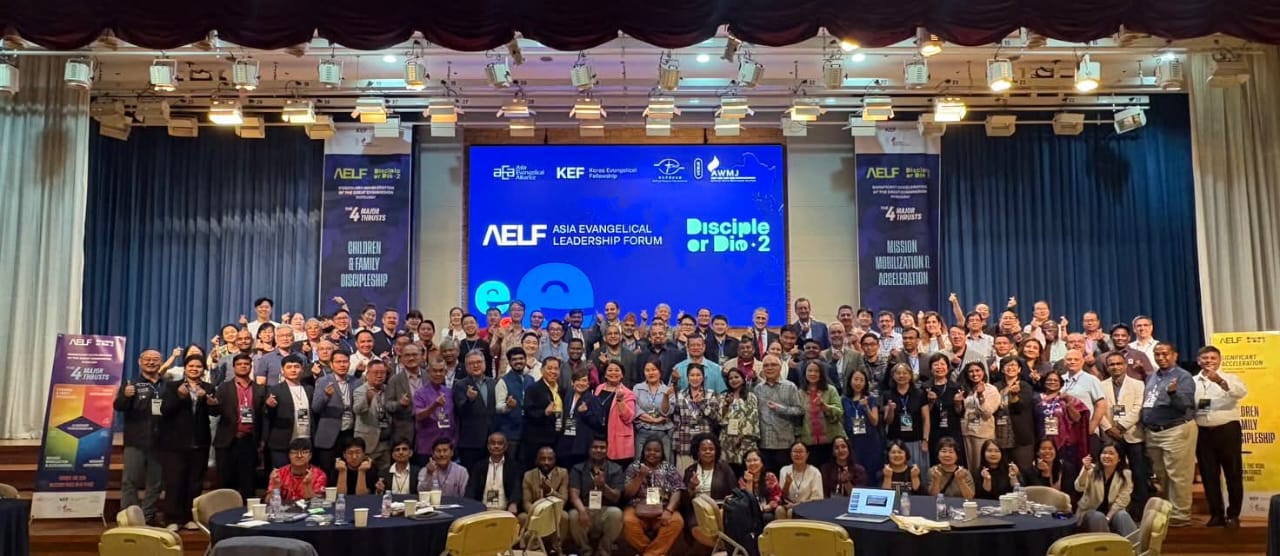Turkmenistan has been one of the most repressive countries in the world for over two decades, as key international actors continue to sideline the issue of religious and other freedoms due to their thirst for cheap energy. This Muslim-majority Central Asian nation possesses the world’s fourth largest reserves of natural gas resources.
Like some other countries in this region, Turkmenistan is “reminiscent of the old Soviet Union” as it commits serious human rights violations, “particularly through enacting and enforcing laws against freedom of religion or belief,” Katrina Lantos Swett and M. Zuhdi Jasser, Vice Chairs of the U.S. Commission on International Religious Freedom (USCIRF), wrote in an op-ed article in The Moscow Times recently.
On Aug. 29, Forum 18 reported that police raided a children’s summer camp run by a Baptist church on its own premises in the south-eastern town of Mary. Police and other officials, including a cameraman, questioned the children, took food samples, ordered the camp closed and handed down two fines, it said.
Raids, detentions, fines, torture and threats are some words that often appear in stories of persecution that come out of Turkmenistan.
While religious repression cuts across Central Asia, Turkmenistan stands out due to its unabated disrespect for civil and political freedoms since the rule of dictatorial President Saparmurat Niyazov.
Niyazov, who was known for imposing his personal eccentricities upon the country, took office in January 1990 and ruled the country with an iron fist until his sudden death in December 2006.
Niyazov’s successor, Gurbanguly Berdymukhamedov, the incumbent president, revoked some of the policies of his predecessor and sought to establish relations with the West. However, he, too, retained unchallenged power. His family members and associates continue to have unlimited power and control over all aspects of public life. In the sham presidential election in February 2012, Berdymukhamedov claimed he received 97 percent of the vote.
A legacy of Niyazov, Turkmenistan believes in an evolutionary approach to reforms – the claim that political and economic stability alone can ensure smooth transition. And in the name of stability, even basic rights of citizens are violated and justified, while democracy and individual freedoms are branded as Western ideals fit only for the developed world.
As a result of Turkmenistan’s refusal to introduce genuine reforms and continued policy of promoting an ethnically homogeneous Turkmen-speaking Turkmen national culture, the country has gone from extremely bad to worse over the years.
“With the demise of the Soviet Union hastened by democratic opposition across the region a generation ago, we hoped that also meant the end of religious repression in that region of the world,” the USCIRF officials said in the op-ed. “But in too many post-Soviet states today, the ghost of Soviet control over peaceful religious life is alive and well.”
Turkmenistan remains one of the world’s most repressive countries, says the 2013 report by Human Rights Watch (HRW). “The country is virtually closed to independent scrutiny,” it notes. “Media and religious freedoms are subject to draconian restrictions, and human rights defenders and other activists face the constant threat of government reprisal. The authorities continue to use imprisonment as a tool for political retaliation and to restrict peoples’ right to travel freely.”
In its 2013 World Press Freedom Index, Reporters Without Borders has ranked Turkmenistan as having the 3rd worst press freedom conditions in the world, behind only North Korea and Eritrea.
The state controls all media in Turkmenistan, and foreign media often do not have access to the country. The Internet is heavily controlled, and the country’s only Internet service provider is state-operated.
The ruling Democratic Party of Turkmenistan is the only party that can effectively operate in the country. Political gatherings are deemed illegal if they are held without government approval. Dissent is not tolerated, and severely punished.
The justice system is not independent either, and trials are closed in political cases.
While the Constitution provides for freedom of religion, in practice, no religious group, apart from Sunni Muslims and Russian Orthodox Church, enjoy religious freedom, according to Organization for Security and Co-operation in Europe (OSCE).
More than 90 percent of the population of Turkmenistan is Muslim, mostly Sunni. Christians are estimated to be about 9 percent, with Russian Orthodox Church as the largest Christian denomination.
According to the 1991 Law of Turkmenistan on Freedom of Conscience and Religious Organizations, all religious groups are required to register with the Ministry of Justice. An amendment to the law, introduced in October 1995, required that the request for registration be signed by not less than 500 Turkmen citizens of at least 18 years of age – a provision that apparently targeted small religious groups, including Protestant and evangelical groups. After the amendment, all registered groups, except the Sunni Muslims and Russian Orthodox, lost their registration.
While registration is not possible for many groups, unregistered religious activity is an offence under Article 205 of the Code of Administrative Offences. It contains fines that are between five and 10 times the minimum monthly wage for refusing to register a religious community or participating in an unregistered religious community. Fines double in the case of a repeat offender.
Publishing religious material is virtually impossible in the country, as authorities routinely confiscate religious literature. It is, therefore, extremely difficult for many believers to acquire even a copy of the Bible.
The government has co-opted sections of the Russian Orthodox Church, which has helped the authorities in their crackdown on smaller, unregistered Protestant and evangelical groups in the past, according to Forum 18.
However, despite being a highly repressive republic, Turkmenistan continues to expand relations with foreign governments and international organizations without having to correct its human rights record, HRW noted in its report.
The European Union’s Partnership Cooperation Agreement (PCA) with Turkmenistan was frozen in 1998 over human rights concerns. But the EU continues to press forward with the agreement without requiring any human rights reforms in exchange. While the European Parliament has held up approval of the agreement, some believe it will eventually be ratified because the EU is seeking to diversify its energy supply.
In 2008, the European Parliament framed human rights benchmarks as a precondition for the EU’s relations with Turkmenistan. Therefore, the EU must not let its relations with Turkmenistan grow more than the latter’s respect for human rights and genuine improvement in the civil and political atmosphere in that country. Any discrepancy in this equation can rightly be seen as holding of double standards.
World Evangelical Alliance (WEA) Religious Liberty Commission (RLC) sponsors this WEA-RLC Research & Analysis Report to help individuals and groups pray for and act on religious liberty issues around the world. WEA has a consultative status with the UN Economic and Social Council.
This report was researched and written by Fernando Perez, and moderated by the WEA-RLC Executive Director, Godfrey Yogarajah. It can be used for distribution or publication with attribution to WEA-RLC.





Stay Connected